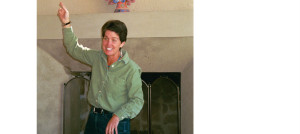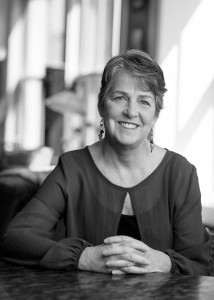2016 Oracle Award Winner
I was proud and delighted to win an Oracle Award from the National Storytelling Network in 2016, based on Service and Leadership in the Pacific Region. What a surprise! The award ceremony in Kansas City was thrilling, with 700 storytellers in the audience, as well as the 11 other Oracle Award winners. Boy, was that fun! Here’s the article in the local paper.

Why Tell Stories?
I’m a Lord of the Rings groupie. One of my favorite scenes takes place in Osgiliath, when Frodo lies in the rubble, despairing. Sam turns to Frodo and says, “Remember those stories we heard when we were little? The really good stories, full of danger. You didn’t know how they would end up, but you knew the hero would keep going. And it’s like that for us, Mr. Frodo. We have to keep going.”
I almost stood up and cheered when Sam made this earnest speech. I’m a storyteller. I love stories. I believe in them. Not only do I find them entertaining, I also see how they shape our lives. Many years ago, my brother in law was house-sitting in San Francisco. The house was under renovation, and its exterior wall was gone, replaced only by a sheet of plastic. In the middle of the night, Tom heard a knife slitting through plastic. He jumped to his feet, told his wife to call the police, and looked for something with which to defend himself. He found nothing.
Taking a deep breath, he declared, with utter seriousness, “I am the Amazing Spiderman. I AM the Amazing Spiderman.” Fortunately, his assertion was not put to the test, as the police arrived and scared the intruders away. However, absent any material assistance, Tom at least had a story to draw upon for strength. The stories we hear shape the stories we tell, and both shape our sense of identity.
I lead story groups where we play around with all kinds of stories, including folklore, histories, biographies and personal anecdotes. The point is to find connections between the larger stories and our personal lives. I often tell group members that the challenge is to see themselves as the heroes of their own lives.
At a county group for people with persistent mental illness, I told Skeleton Woman, an Inuit story about a woman who comes back to life after being drowned. After we talked about Skeleton Woman, I asked group members to share stories of times they’d been hurt and gotten better. After each sharing, the group gave the story a title, for example: “X loses custody of her children, but she wakes up, cleans up, and proves she can be a good mother.”
Sharing our stories helps us find structure and come to understanding. The act of titling, or naming, helps us see meaning. Explaining the importance of story, Salman Rushdie said, “Those who do not have power over the story that dominates their lives, power to retell it, rethink it, deconstruct it, joke about it, and change it as times change, truly are powerless, because they cannot think new thoughts.” The academic name for this kind of activity is narrative re-structuring, but I think of it as playing around with stories.
Read some articles I’ve written about about healing story here. Find out more about regional storytelling in the Sierra Foothills here. Here is a detailed curriculum for healing story work, developed with the support of the National Storytelling Network.

Joan Stockbridge is a writer, storyteller, spiritual director, and SoulCollage® facilitator, based in Auburn, CA. Photographed in Gloucester, MA, on April 14, 2016.
© 2016 Shawn G. Henry • 978.590.4869